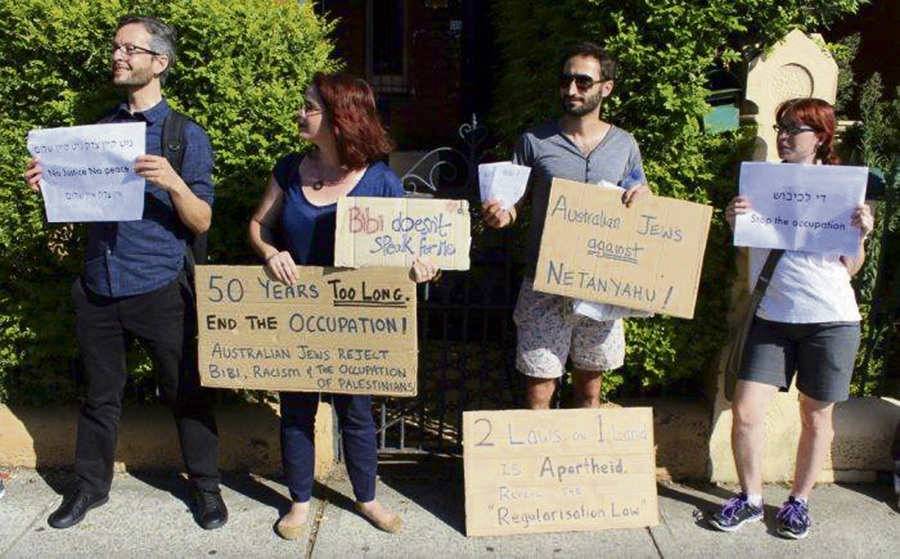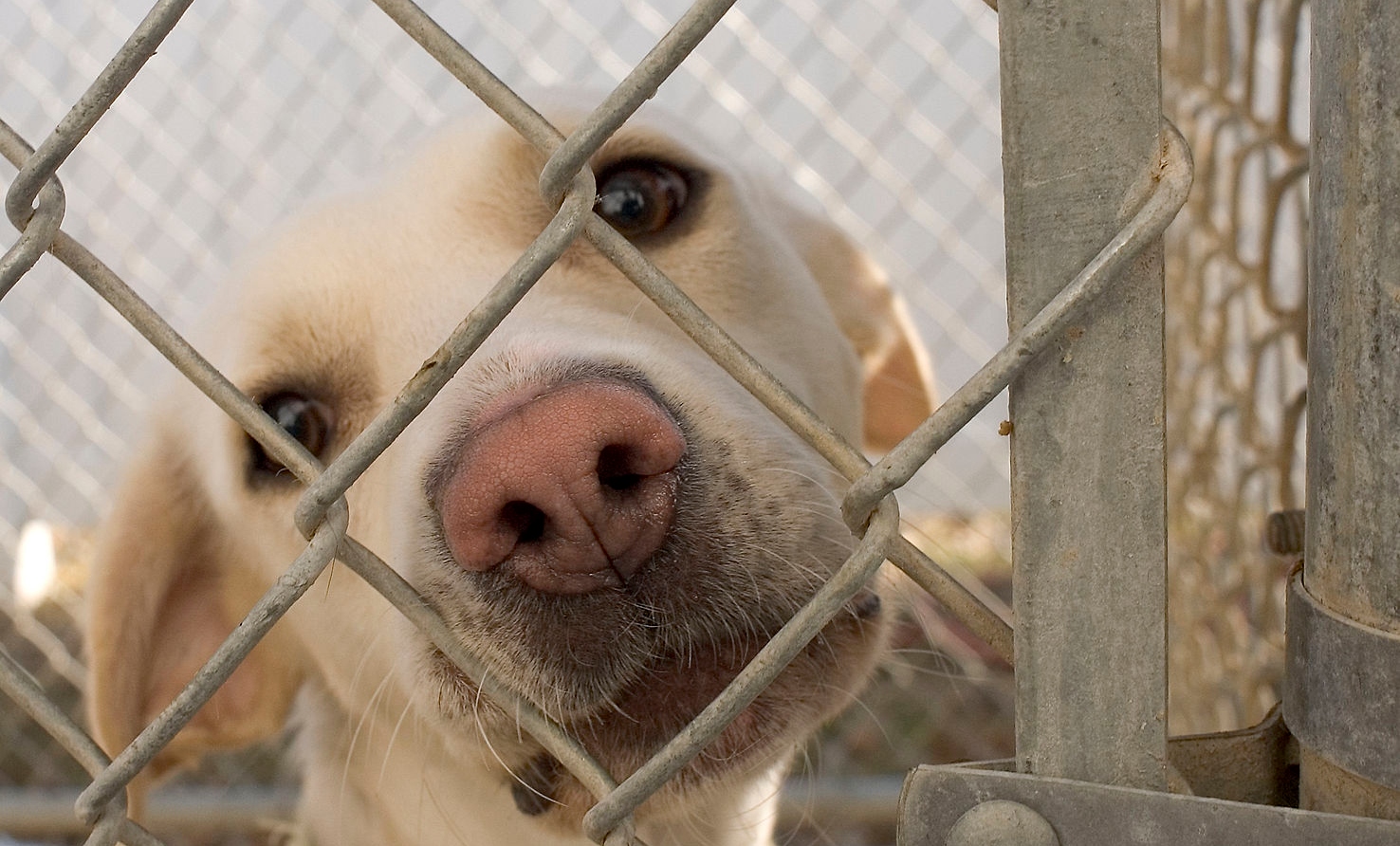
Netanyahu’s visit Down Under revisited

By VIVIENNE PORZSOLT
The Prime Minister of Israel, Benjamin Netanyahu, rolled into town a couple of weeks ago. He was flanked by heavy security, wall-to-wall reporting in the media and secrecy surrounding his schedule.
“Prime Minister Benjamin Netanyahu had his audience …spellbound in Sydney’s Central Synagogue,” cooed the right-wing online Jewish news service J-Wire.
But outside the Synagogue stood a small group of young, Jewish protesters. ‘Bibi Doesn’t Speak for Me,’ said one placard. ‘Jews Say No to Israeli Apartheid,’ said another.
This generation of young Jews don’t necessarily share their elders’ identification with Israel. The reality they see on the ground in Israel/Palestine doesn’t match their liberal values. There’s a gaping disconnect between these values and the ongoing illegal Israeli occupation of Palestinian land.
Their elders sing a different tune. For them, Israel is a cornerstone of their identity as Jews, a guarantee of existential security after the horrors of the Holocaust. And Netanyahu, representative and symbol of what they consider their homeland, has to be feted, no matter what horrors and injustices he presides over.
Netanyahu’s sojourn Down Under was an important pageant to rally the faithful and shore up the rapidly shrinking base of support for Israel world-wide. Australia remains one of Israel’s few faithful international allies.
Turnbull, in his sycophancy, made no mention of the problem posed by the illegal Jewish ‘settlements’, for any possibility of an independent viable Palestinian state. Even Trump mentioned them ever so gently when he told Netanyahu to “Hold off on the settlements for a while, buddy.”
Even this political landscape is shifting. The speech by Leader of the Opposition, Bill Shorten was no ‘me too’ rhetorical piece echoing Turnbull’s gushing enthusiasm. Mindful of the growing opposition within the Australian Labor Party to the hitherto bi-partisan, pro-Israel stance, Shorten said he told Netanyahu “very clearly and unambiguously that where settlements and their expansion are a roadblock to peace, that’s damaging to the peace process.”
Calls from former ALP ministers and leaders Bob Hawke, Kevin Rudd, Bob Carr and
Gareth Evans for recognition of the State of Palestine provide a powerful impetus for a change in ALP policy and Shorten’s message left him plenty of wiggle room for a change in tack.
There was significant opposition to Netanyahu’s visit in the broader community. More than 60 prominent Australians, signed a statement opposing Israeli prime minister Benjamin Netanyahu’s visit to Australia because of his government’s policies towards Palestinians. There were rallies in major cities. The media gave the opposition good coverage, dubbing the Netanyahu visit ‘controversial’.
It would be hard to assert the first visit of a Prime Minister of the State of Israel was an unalloyed success from the point of view of advancing Israel’s agenda to continue in the denial of the Palestinians’ national, civil and human rights. But it gave the solidarity movement for those rights a modest but positive boost.









